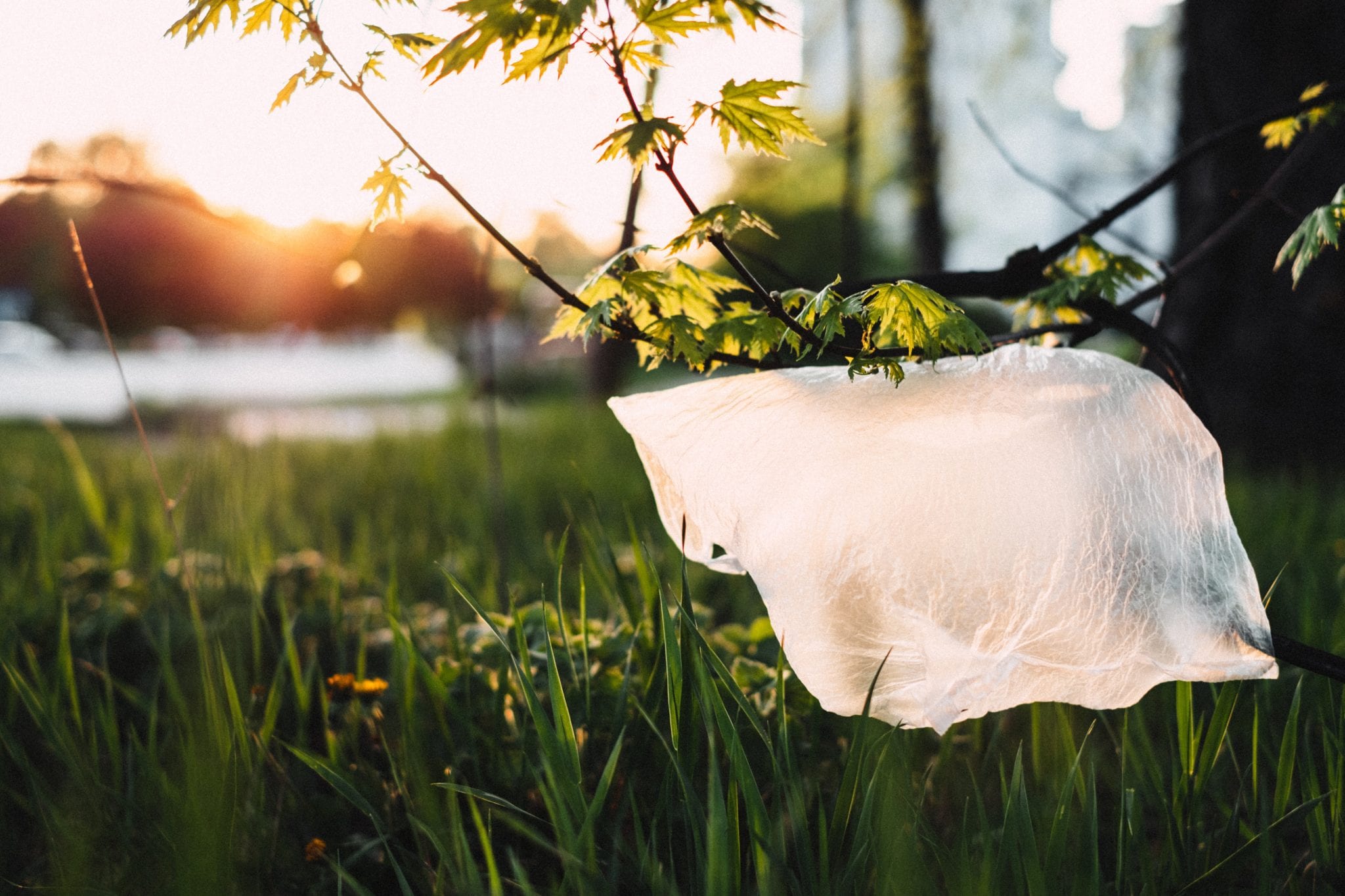Perspectives by Linda Eatherton, Managing Director, Global Food & Beverage and Caroline Friedman, Vice President, CPG both who work with brands and companies focused on this topic currently.

Linda: I predict 2019 will be the Year of Less. The current movement demanding less ingredients in food will expand and morph to a drumbeat calling for “more of less.” Specifically, less waste. Less packaging. And, likely very specific calls for less plastic packaging. My observation is that images of discarded plastic packaging mountains may well become the poster child in this “more of less” movement. Why? It’s compelling and provocative. And, that’s what concerned groups and individuals need to brew support for the changes they desire.
As a communications counselor to leading food companies I know quite well that every choice we make in food production AND packaging creates outcomes and consequences that will undeniably leave a portion of the population dissatisfied at best. The battle cry for the removal of all plastics carries with it equally powerful unintended, negative consequences.
Much like similar movements in industries ranging from energy to food in their early years, the anti-plastic waste movement looks to be galvanizing communities of like-minded shoppers who are driven by higher-values and determined to find solutions much the way the organic movement took off nearly a decade ago. This manifested in the past when we saw retailers upgrade and expand their store-owned and private label offerings to attract values-driven shoppers looking for affordable prices, or the advent of dedicated aisles that brought organic or gluten-free offerings to continue to bring consumers in-store.
As retailers continue to evolve to keep consumers walking in their doors as many shoppers opt for clicks over trips, we have every reason to believe we may soon hear of a retailer promoting a “plastic-free” aisle of products in the very near future to match this growing demand.
Caroline: This is bigger than food – it’s a movement we are seeing across CPG. Consumers have shown us they will make judgements and purchasing decisions based on emotion and values first; facts later. And anti-plastic and waste sentiments are growing in social chatter. Americans are beginning to realize that all of their concerns about what they were consuming overlooked an equally concerning issue, which was what their consumption contributed to the waste stream. These images of country-sized plastic ocean reefs floating across screens has put America -“the home of abundance” – on notice. Classrooms are now studying the environmental impacts. Families are talking and taking notes. Shoppers are asking “why” and “what else?”
We are already seeing communities responding to consumer concerns and questions. In 2017, Chicago followed in the footsteps of places like California, Boulder, CO and Austin, TX when they instituted a tax on disposable plastic bags, encouraging consumers to bring their own reusable bags to the check-out counter, or pay the price. And while these are localized initiatives, I believe these actions will inspire some companies to take similar bold stands to distance themselves from waste-generating behavior and solidify their role in changing consumption behavior.
But it won’t be enough for municipalities to be the only ones making these changes. The consumer groundswell of questions and concerns will continue, and it’s up to companies to answer their call as they share their distaste (and confusion) at unnecessary waste on social media. And while some companies are noticing and implementing changes – like Starbucks’ commitment to eliminating straws by 2020 to Pepsi’s goals to increase its recycled content in its plastic packaging – all signs are that the landscape is shifting. And it’s shifting rapidly.
Linda and Caroline: We know today’s consumer is looking for companies that take a stand. We first spotted the trend in 2008 in our series of research investigations titled Food 2020: Consumer as CEO. Consumers believe companies, brands and businesses should assume responsibility to be change-agents on their behalf and to push others in the category to higher ground. That hasn’t changed. What is changing is who is responding to their call. Where big food companies and mega brands stepped up to lead in the organics space, watch retailers step into the spotlight and build recycling campaigns, waste-reduction drives and plastic-free aisles for shoppers who care. And, don’t count Amazon out here. While they have faced their fair share of packaging complaints, they may be better positioned than anyone to initiate a plastic-free, reduced packaging, recycling initiative to pull even more shoppers online!
We suggest that before this movement gains any more support, that each company and brand take a hard look at the facts and science to determine what are prudent and responsible options. And, then, join hands with fellow like-minded marketers to mount a pre-competitive educational program to help concerned consumers make better informed choices and judgements going forward. That’s a change-making opportunity waiting for a leader to take the reins, in our opinion!



